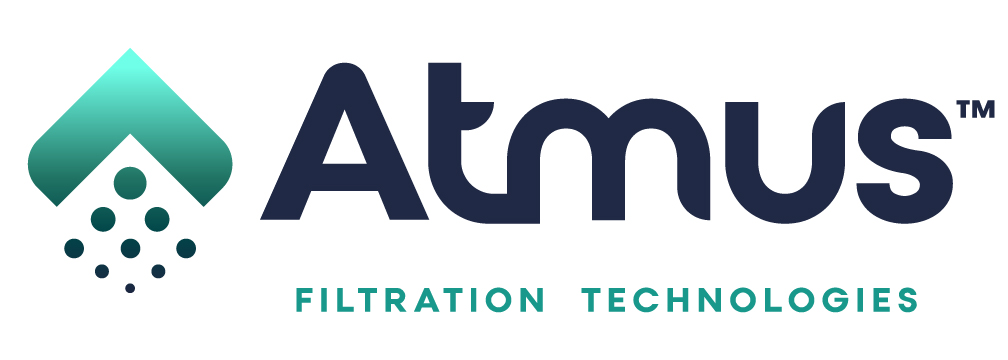The Power of Trust

My role at Atmus is what we call a “functional excellence leader.” Part of what I do is look for ways to help our global customer support teams communicate and work with our customers more effectively and efficiently. I’m also responsible for improving experiences in our customer portal.
These goals can be achieved in different ways, but there’s a common theme that always applies. The best way to get things done is to build strong relationships. And the foundation of any relationship is trust. When people know they’re trusted, they feel empowered to do more, provide more support and make more confident decisions.
Great Relationships Are Built on Trust
Throughout my 30-year career, I’ve been fortunate to work on “both sides of the fence” in this business. I’ve partnered with suppliers as a purchasing manager as well as supported customers as a sales representative and account manager, giving me ample opportunities to build relationships with customers, suppliers and our own team members.

The first thing I learned was the need to build trust – a core value at Atmus. Once you establish it, people tend to relax, open up and become more comfortable with you.
Trust also helps you protect and maintain relationships when something outside your control requires you to deviate from what you said you were going to do. It makes it easier to communicate with people when you need to say: “Hey, this came up, and here’s how we’re going to take care of it.”
Ethics and Integrity Make a Difference
You build trust by being a person of integrity. I apply this to both my personal life and work.
When I worked in dealer sales, I made sure to follow through on what I said I would do for them. I answered promptly when they called and did a lot of little things, like provide product samples to display in their dealerships. When I asked suppliers for cost reductions, I would suggest ways they could use less material so that they realized cost savings too.
While every relationship is going to go through ups and downs, building a foundation based on integrity and shared goals establishes solid common ground you can walk on.
Relationships Are Built with Individuals
I approach each relationship as an opportunity to deliver value, whether for our customers, suppliers, members of a support team or plant employees. There may be a company name on their door, but the people I interact with are individuals.

One of the most complex and satisfying projects I ever worked on was the development of a set of fuel filters. We were able to give our customers significant cost reductions and deliver our company a margin improvement. A key part of its success was the relationships we had built, internally and externally. In addition, we established further trust by ensuring customer needs were considered in the product’s development.
In particular, I got a lot of joy from working with our manufacturing teams. Sometimes when you go into a plant, they see you as a “corporate person.” It was important to me to take the time to build relationships on the plant floor. When you establish trust and connection like that, folks are more likely to come to you and give you good ideas.
Jobs Change, but Integrity Has Lasting Value
Transitioning from sales into a customer support role has allowed me to continue delivering value to my customers in new ways. But even as roles and technologies evolve, the trust our people have established with our customers and each other is still what makes our relationships work as effectively as possible.








